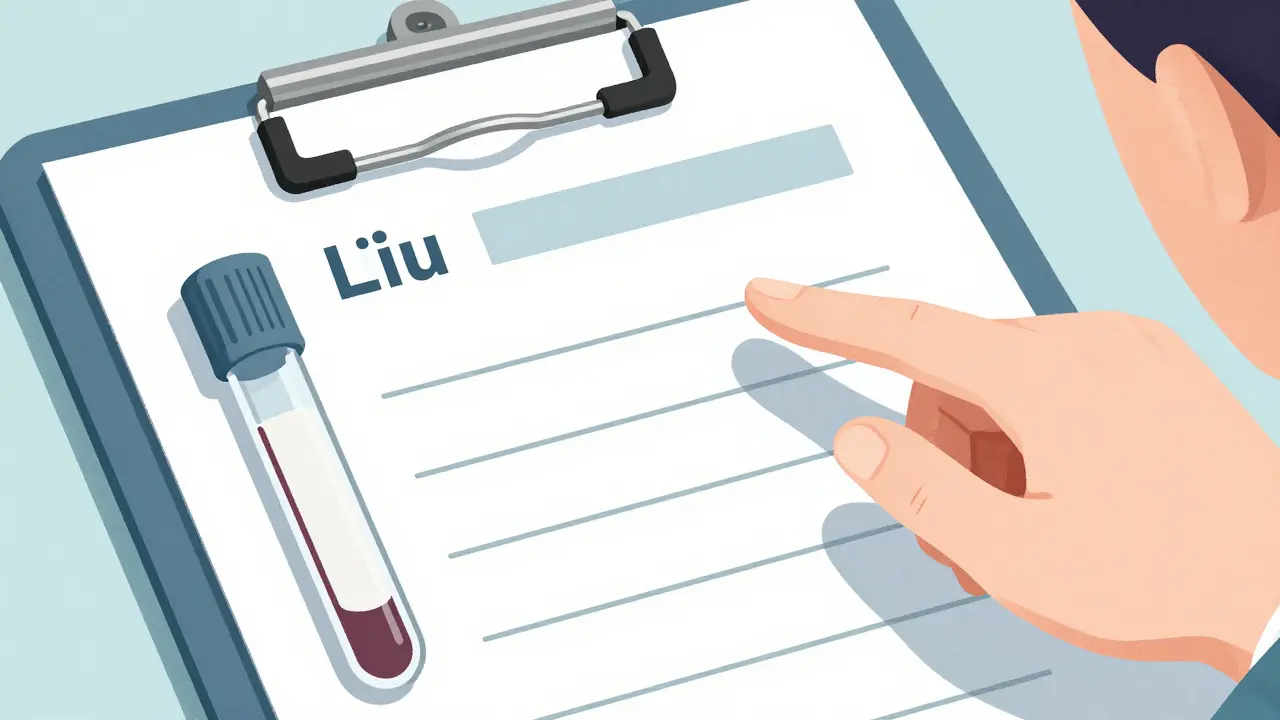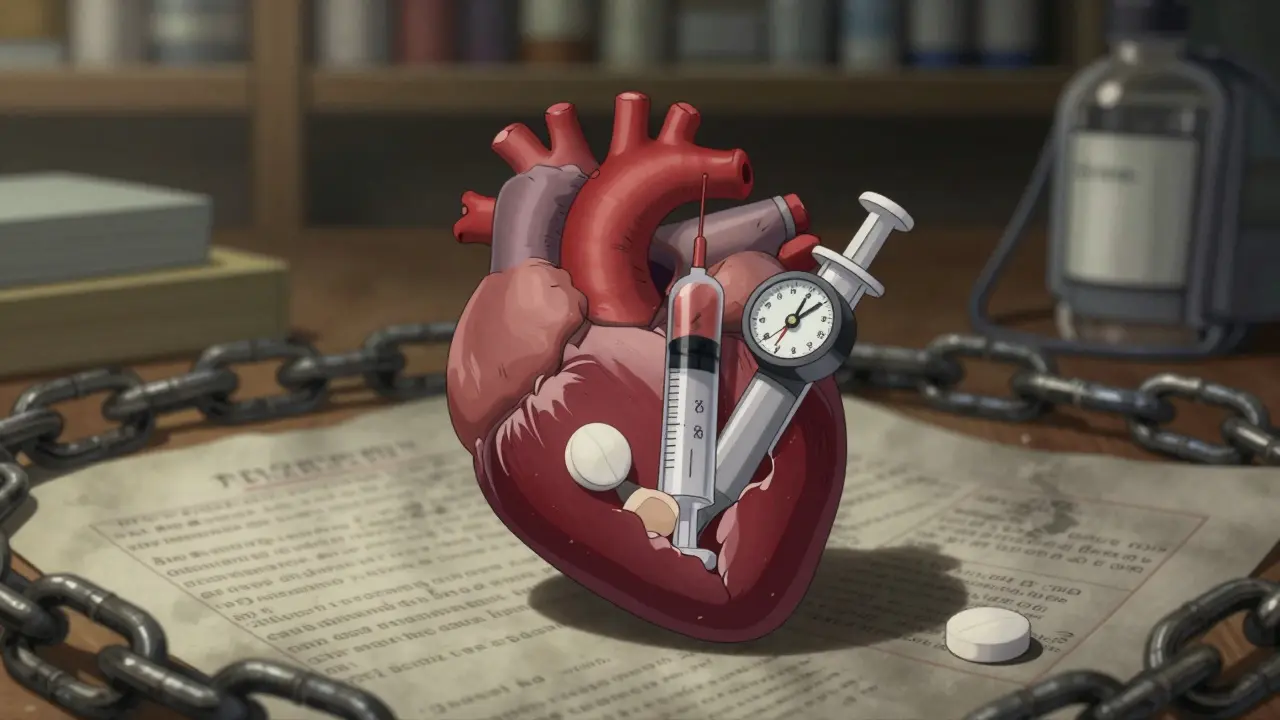Abdominal Pain: What’s Going On and How to Handle It
Feeling a twist, cramp, or ache in your belly can be unsettling. The good news is most stomach pain isn’t a nightmare – it’s usually something you can manage at home. Below we break down the usual suspects, easy relief tricks, and the red‑flag symptoms that demand professional help.
Common Causes You Can Spot Quickly
Right after a big meal, your gut might protest with indigestion or gas. These cause a bloated feeling and mild, gnawing pain that often eases with a walk or a warm drink. Constipation is another frequent offender; it creates pressure in the lower abdomen and can be relieved with fiber, water, and gentle movement.
Infections like the stomach flu bring nausea, watery diarrhea, and cramping. These usually clear up in a few days, but staying hydrated is key. If you’ve started a new medication or supplement, watch for side effects such as stomach upset – many of the posts on this site, like the diphenhydramine or Paxil guides, flag this risk.
When to Call a Doctor – The Red‑Flag Symptoms
Most belly aches don’t need urgent care, but some signs scream for attention:
- Sudden, severe pain that doesn’t ease after a few minutes.
- Pain accompanied by fever, vomiting, or blood in stool.
- Persistent pain lasting more than a week.
- Unexplained weight loss or loss of appetite.
- Pain after a fall or injury.
If any of these pop up, book an appointment – it could be an ulcer, gallbladder issue, or something else that needs a proper exam.
For milder cases, try these practical steps:
- Apply a warm compress or heating pad for 15‑20 minutes.
- Drink ginger tea, peppermint tea, or warm water with lemon – these soothe the lining.
- Eat bland foods like bananas, rice, applesauce, and toast (the BRAT diet) until you feel better.
- Avoid fatty, spicy, or fried foods that can irritate the gut.
- Take an over‑the‑counter antacid or anti‑gas tablet if you think acid reflux or gas is the culprit.
Remember, the tag page gathers articles on related topics – from how to buy diphenhydramine safely to reviews of supplements like Adrue. Scrolling through can give you more detailed info on specific meds that might be causing your discomfort.
Above all, listen to your body. Most abdominal pain is temporary and can be eased with simple home care, but don’t ignore the warning signs. When in doubt, a quick chat with your GP can save you stress and keep your gut happy.

Butylscopolamine for Diverticular Disease: Benefits, Side Effects, and Real-World Use
Explore how butylscopolamine helps treat diverticular disease, manage symptoms, and improve gut health. Insights, side effects, and practical tips—all in one guide.




